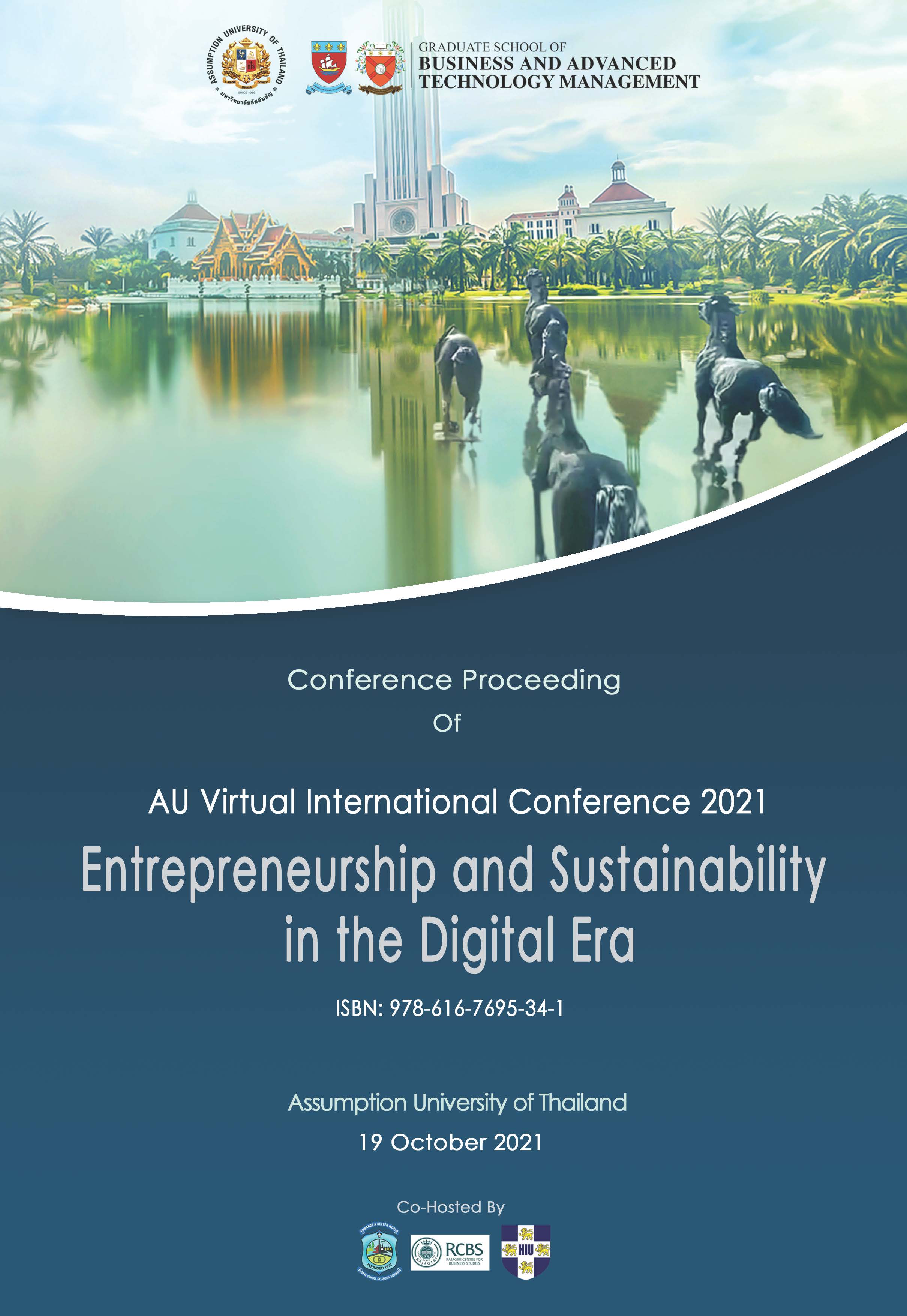Development of A Model of Technology Integration at A K-12 Level
Abstract
There is no doubt that the way people live, interact, communicate, and conduct business changes dramatically. This change is known as the "digital revolution," which refers to the progression of technology from analogue, electrical, and mechanical tools to the digital tools accessible today. Furthermore, technology has begun to alter education, influencing how learners gain the skill sets required to prepare for future education and a profession and how educators use digital technological instructional strategies to educate. Various studies have been published that address the challenges to technology integration and, of course, the efficacy of technology in the classroom. This research attempts to develop a method to comprehend the influence of technology integration on educators' teaching performance at a private K-12 school in Hanoi City. The respondents of this study consist of fifty (50) educators who apply educational technology in their teaching. The findings revealed that all with the teaching performance measured, educators were described as very satisfactory. The study's results demonstrated that technology integration had a considerable influence on teaching performance. It is suggested that School Leaders continue to offer programs, seminars, and training workshops on technology integration to improve educators' performance.
Downloads
Published
How to Cite
Issue
Section
License
Copyright (c) 2021 AU Virtual International Conference Entrepreneurship and Sustainability in the Digital Era

This work is licensed under a Creative Commons Attribution-NonCommercial-NoDerivatives 4.0 International License.

